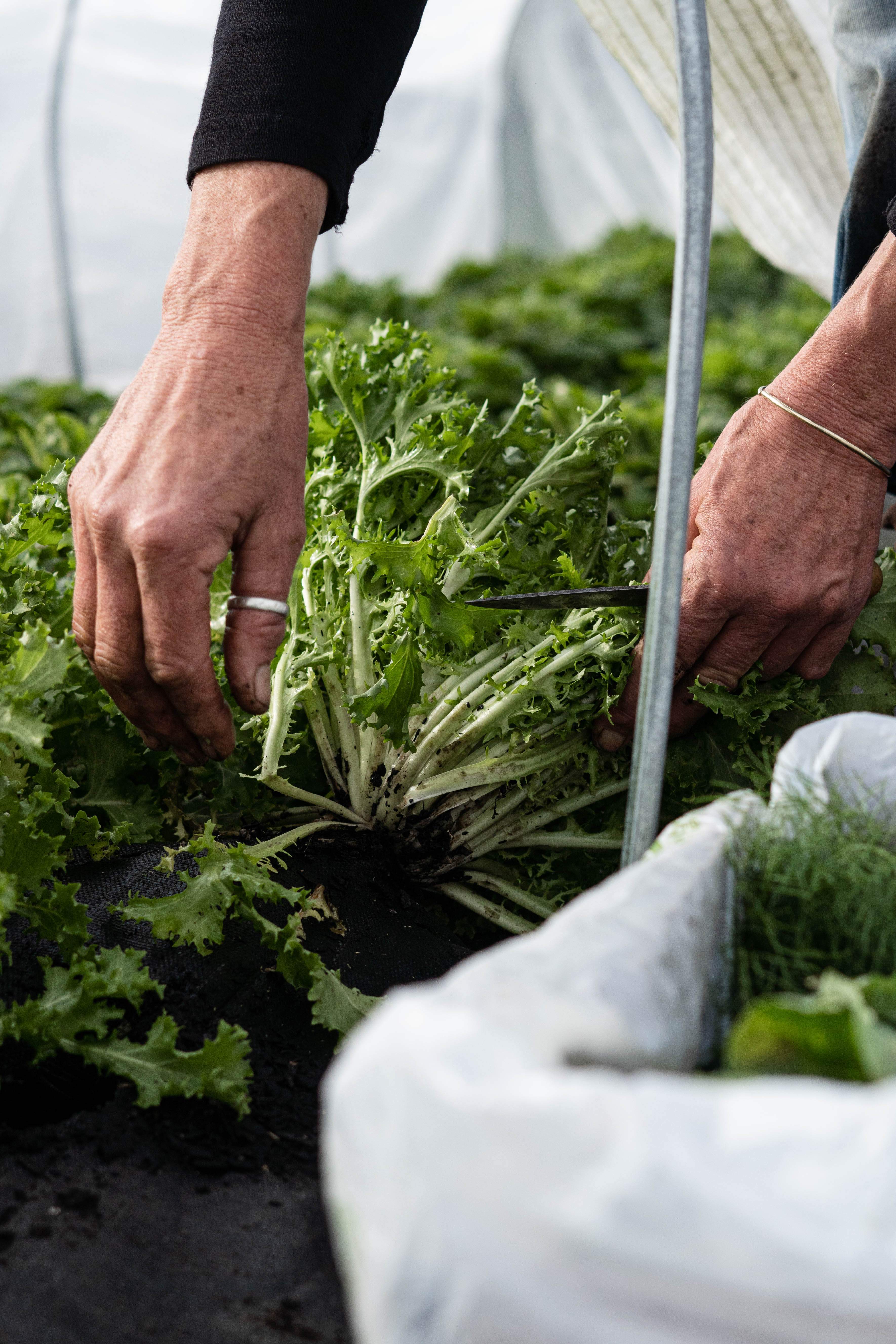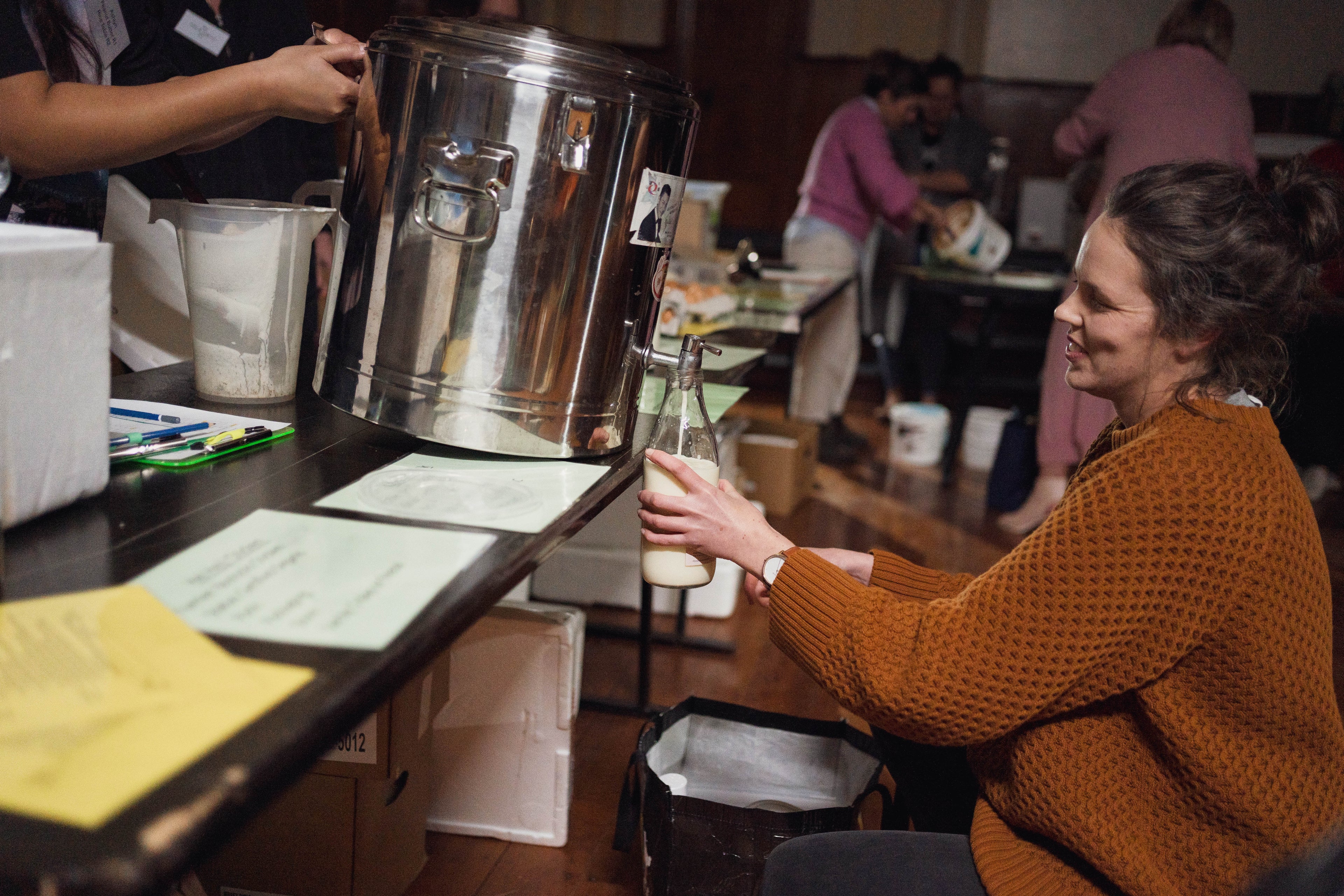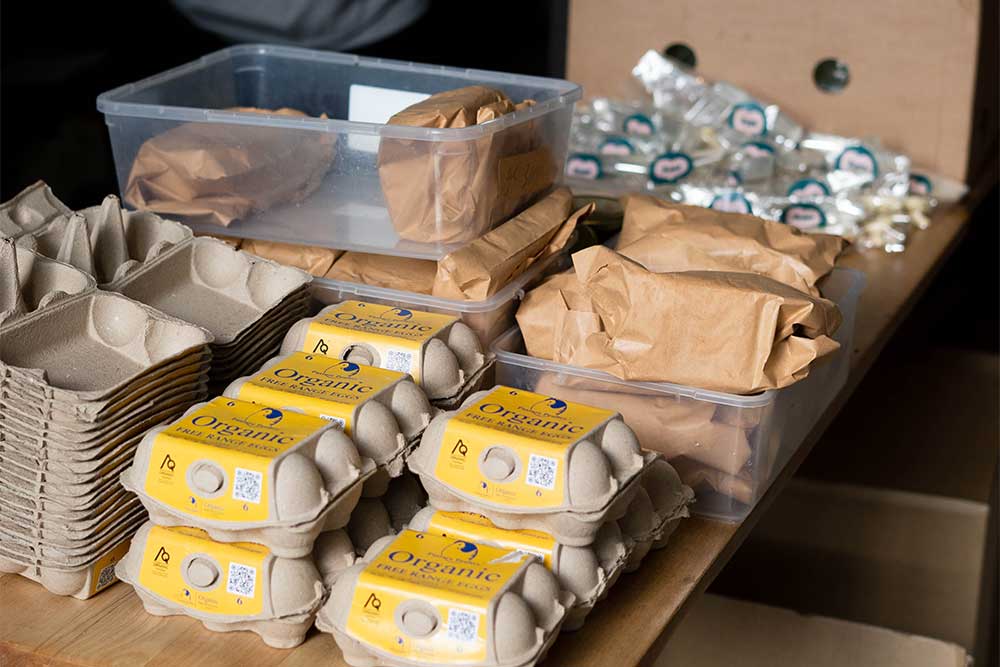
Mai Kai Terms and Conditions
At Mai Kai, we’re more than just a food box — these terms make sure everyone supports our kaupapa and community:
- We treat each other with respect, kindness, and equality.
- Please commit to staying for the full hour and taking part in activities. If you can’t stay the whole hour, let us know before you arrive. If you can’t commit regularly, please wait until you can, or choose a more suitable cohort time/location to join.
- As a member-run organisation, everyone helps where they can. In signing this contract you are agreeing to help with setting up, packing down, packing for others, cleaning, fulfilling roles, running demos or contributing your skills and knowledge when possible.
- Payment is due by the Friday prior to your session. By signing this contract, you agree to setting up an Automatic Payment to pay Mai Kai by the specified cut off date. If this is not possible, please discuss with us.
- If you cannot make a session, we need at least 72 hours notice for a guaranteed refund.
- By signing up, you agree to an 8-week (4-box) minimum. If you can’t attend, please arrange for someone else to collect your box, or contact us about arranging someone to pack for you. We order kai in advance, so your box must be collected and paid for to avoid waste. Missing boxes may lead to cancellation of your membership.
- Bring your own packaging every week. Mai Kai does not provide free packaging.
- We capture photos and videos for social media. If you don’t want to be filmed, please note this on your registration form.
- In order for Mai Kai to continue bringing you great value kai, it is essential that the quantities specified on your grocery list are respected and adhered to. When it comes to the koha table, please only take what you need and be mindful of others coming after you.
- Mai Kai uses safe food handling procedures but cannot guarantee the absence of allergens. Members are responsible for deciding what is safe to eat based on their own needs.

Basic Food Handling induction
Purpose
To ensure all staff, volunteers and subscribers handle food safely, keeping it free from
contamination and serving it in a way that protects the health of our community.
Key Training Areas
1. Personal Hygiene
• Wash hands thoroughly before handling food, after using the toilet, sneezing,
coughing, handling rubbish, or touching hair or face. Good hand washing is
rubbing with soap for 20 seconds or sing yourself happy birthday while you do it. Use sanitiser
from the admin table if hand washing is not available.
• Wear clean clothing and, if required, a hat or tie your long hair back.
• Keep fingernails short and clean.
• Cover cuts or wounds with a clean, waterproof plaster and gloves if necessary.
Please ask at the admin table if you need first aid.
• Do not handle food if you feel unwell, have or have had vomiting or diarrhoea in the
last 48 hours.
2. Safe Food Handling
• Use separate utensils for each product and make sure only the designated tools
are used. If a scoop is nominated to the flour, do not use this for anything else.
Especially important for meat, dairy and allergens such as nuts and gluten but a
simple process Mai Kai will apply to for all products. 1 product = 1 utensil for
whole session.
• Once an item has been put into packaging it cannot go back into the main stock.
Please be sure of your choice before starting to pack.
• Keep benches, tools, and hands clean at all times – there should always be a bucket
of soapy water and clothes at each of the stations.
• Clean as you go to avoid cross-contamination.
• Wear gloves when handling any raw meat or cheese and keep the same tools for
this product alone. If you need somewhere to put tools down, get a container or
bucket and keep it for this purpose at the station.
• Do not touch the food with your hands, use utensils or wear gloves provided.
3. Temperature Control
• Chilled goods need to be kept food below 5°C – Milk bladders are to be kept on
ice until poured into the dispenser which has thermal insulation. Other chilled
goods are to be kept in poly boxes with ice packs when out of the refrigerator.
Only put out the product that will go in the next few minutes, keep the rest on ice.
Do what you can to keep the products chilled and on ice as much as possible.
Temperature controls are very important, especially in the warmer seasons.
• Perishable food cannot be left at room temperature for more than 30 min, if you
are unsure ask the admin staff for a temperature check. Chilled goods should be 5
degrees or below.
• Chilled items are to be temperature checked on arrival to venue, and before being
packed away for transportation, then again when unpacking at depot. This can be
recorded on the Packout Report by the coordinator.
4. Cleaning & Sanitising
• Wipe down benches and equipment regularly with hot soapy water and sanitiser.
• Tables to be sanitised at set up and at pack down and kept clean during pack out
with the hot soapy water and clothes provided.
• Wash dishes in hot water and air-dry or use clean tea towels.
• Empty bins regularly and keep lids closed.
5. Reporting Issues
• Tell admin immediately if you spot signs of pests (rats, cockroaches, insects).
• Report any broken equipment, or notice refrigeration not keeping temperature, or
any food safety concerns you may have.
• Please also report any medical issues, if you are not feeling well, please let the
coordinator know so we can arrange someone to pack your box. We would prefer
this to risk of contamination.
